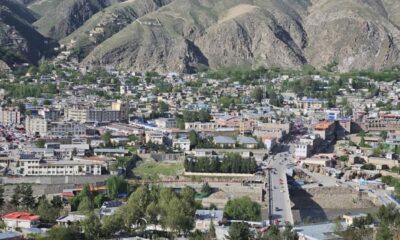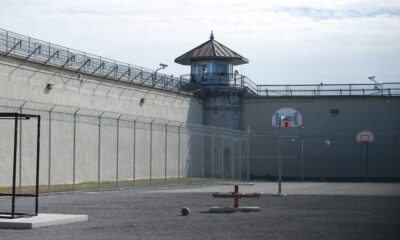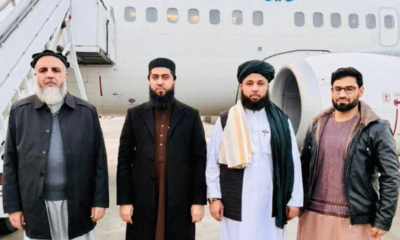Latest News
AFJC calls on UN Security Council to step up efforts to protect Afghan journalists

The Afghanistan Journalists Center (AFJC) and 40 other civil society organizations from around the world have called on the UN Security Council and UNAMA to support the media community by calling on all parties to stop violence against journalists in accordance with United Nations Security Council Resolution 2222 (2015).
This comes amid a wave of targeted killings against media workers in the country.
The AFJC said in a letter to the UN, and to the United Nations Assistance Mission in Afghanistan (UNAMA) head Deborah Lyons, that the council and all parties to the letter “are deeply concerned by the torrent of targeted killings of journalists in Afghanistan since early 2020.
“These attacks have had a devastating impact on Afghanistan’s vulnerable civic space, press freedom, and related democratic rights, and we write to urge you to take immediate action.”
According to AFJC’s press freedom tracker, 11 journalists and media workers have been killed in Afghanistan since the February 2020 signing of the US-Taliban agreement in Doha.
“Most of these journalists were deliberately targeted for their work, which underscores the lack of effective human rights protections in the country.
“Among the eleven journalists are TV presenter Malala Maiwand, who was killed on Human Rights Day on December 10, 2020 with her driver, freelance photojournalist Rahmatullah Nikzad, who was killed in Ghazni province on December 21, 2020, and Besmillah Adel Aimaq, a radio journalist who was killed in Central Ghor province on January 1, 2021.”
Media freedom and freedom of expression are human rights recognized under international legal conventions that Afghanistan is a party to, as well as domestic law, the letter read adding that the enforcement of Afghan Media Laws – ensuring the security of journalists and media outlets – is a fundamental responsibility of the Afghan government.
“Although some efforts have been made by the government to protect and uphold these rights, they have not been sufficient to prevent violations, and prosecute the perpetrators of violence against journalists,” the letter stated.
“The Afghan government has made repeated pledges to ensure the security of Afghan civilians, yet there remains a culture of impunity for those responsible for carrying out targeted killings of journalists.”
The AFJC stated: “We believe that strong and concerted political action from the United Nations Security Council and increased support from the UN Assistance Mission in Afghanistan are now essential, given their interest in a peaceful transition and the role that a free press plays in this endeavour.
“Targeting journalists creates a societal ripple effect of fear and censorship and deprives the public of crucial information about the peace process. Therefore, we request that the UN Security Council stand against the ongoing impunity for attacks against journalists in Afghanistan.”
The AFJC called on the UN to use all diplomatic powers at their disposal to ensure the protection of press freedom and the safety of journalists and media workers in Afghanistan, especially in the event of a peace deal resulting in a new political settlement.
They also urged the UN to intensify efforts to protect journalists in Afghanistan by working with the government to take serious action to end impunity; to scrutinize and reconsider international financial support to the Afghan government, so as to ensure meaningful commitments to protect media freedom and the rule of law’ and to encourage the international community to offer and strengthen practical and accessible support to threatened journalists and media workers, such as safe passage, refuge, and medical assistance where necessary.
Among the organizations to endorse the letter was the Committee to Protect Journalists (CPJ) and journalist and human rights associations from the US through to Asia and Africa.
Latest News
Traffic accident in Badakhshan leaves 12 dead, 3 injured
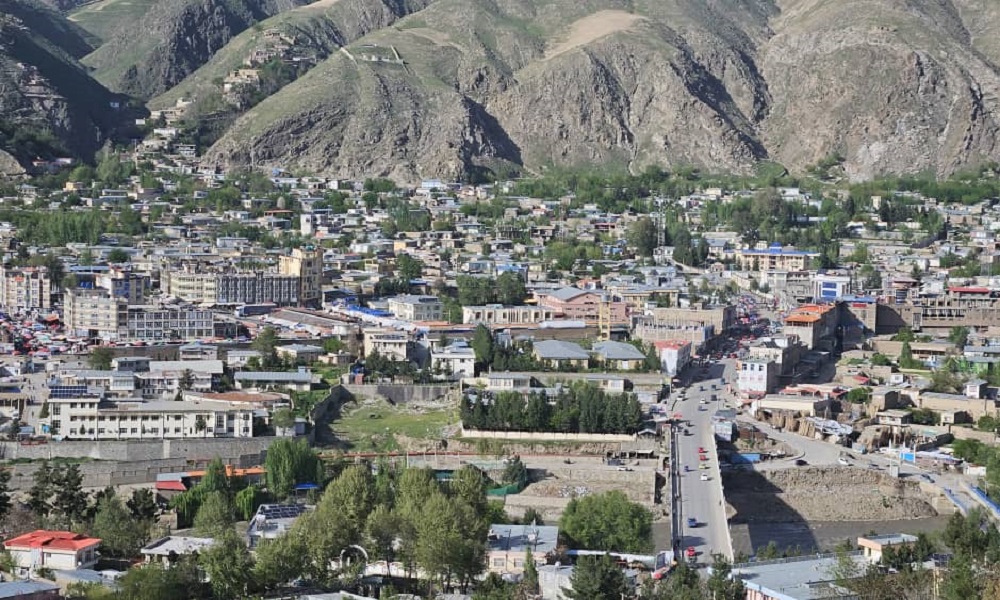
Ehsanullah Kamgar, spokesperson for the Badakhshan Provincial Police Command, said that 12 people were killed and three others were seriously injured in a traffic accident in Arghanjkhwah district of the province.
Kamgar added that the incident occurred at noon on Saturday in the Samdar area of Arghanjkhwah district.
According to him, the victims include men, women and children.
He explained that the incident happened when a Flancoach -type vehicle veered off the road due to poor road conditions and plunged into a ravine.
The injured were transferred to health centers for treatment, and the condition of some of them has been reported as critical.
Latest News
Afghanistan to grant one- to ten-year residency to foreign investors
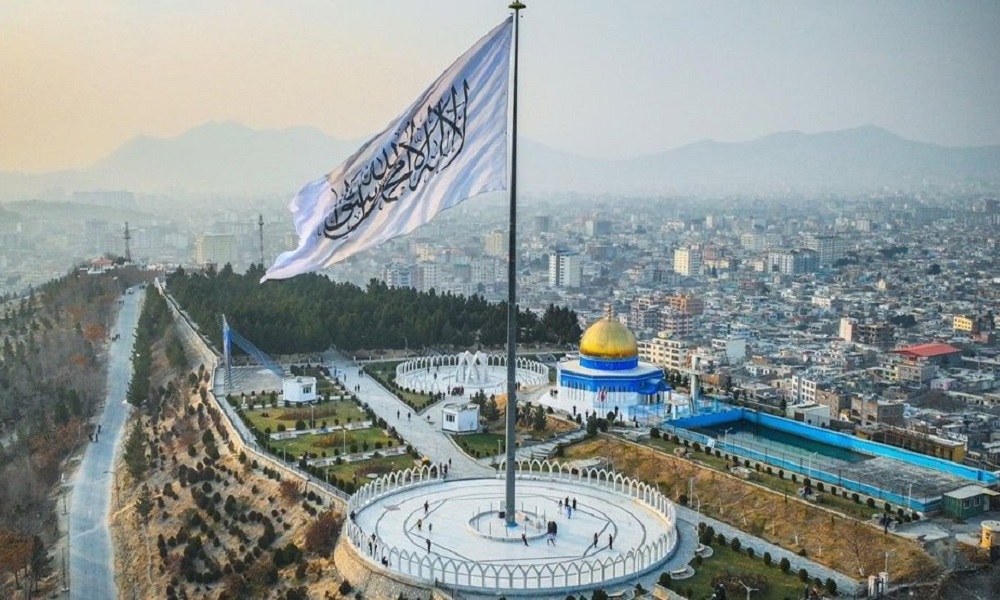
The Islamic Emirate of Afghanistan has approved a plan to grant foreign investors residency permits ranging from one to ten years in exchange for investment in the country.
The decision was endorsed during a regular meeting of the Economic Commission, chaired by Deputy Prime Minister for Economic Affairs Mullah Abdul Ghani Baradar.
According to a statement from the deputy PM’s office, a designated committee has been tasked with determining the length of residency based on the volume of investment, which will be categorized under specific criteria.
Latest News
Traffic police receive new cars

The Ministry of Interior has announced the delivery of several new, modern cars to the General Directorate of Traffic Police, replacing the older fleet that consisted mostly of trucks.
According to a ministry statement, the new vehicles, equipped with special traffic police colors, markings, and modern equipment, are expected to play a key role in maintaining traffic order in cities and on main roads, preventing accidents, and providing faster services to the public.
-

 Sport4 days ago
Sport4 days agoJapan trumps Afghanistan 6-0 in AFC Futsal Asian Cup quarter-final
-

 Sport3 days ago
Sport3 days agoHosts and heavyweights advance as AFC Futsal Asian Cup reaches semifinals
-

 Sport5 days ago
Sport5 days agoAfghanistan crush Scotland in ICC T20 World Cup warm-up
-

 Latest News2 days ago
Latest News2 days agoTerrorist threat in Afghanistan must be taken seriously, China tells UNSC
-

 Latest News3 days ago
Latest News3 days agoUzbekistan, Pakistan advance Trans-Afghan railway project
-

 Business4 days ago
Business4 days agoAfghanistan seeks expanded ties with Russia in energy, mining and infrastructure
-

 Sport3 days ago
Sport3 days agoWinter Olympics finally underway, ATN to broadcast exclusively across Afghanistan
-
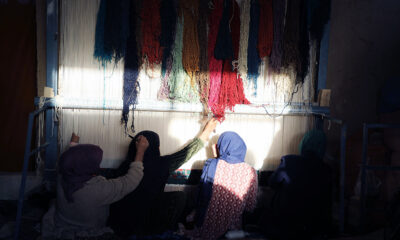
 Latest News4 days ago
Latest News4 days agoUNDP warns Afghanistan’s new development strategy faces major risks


